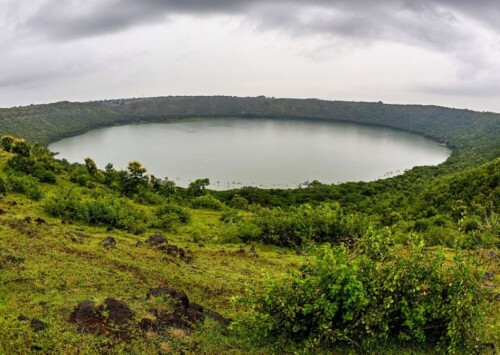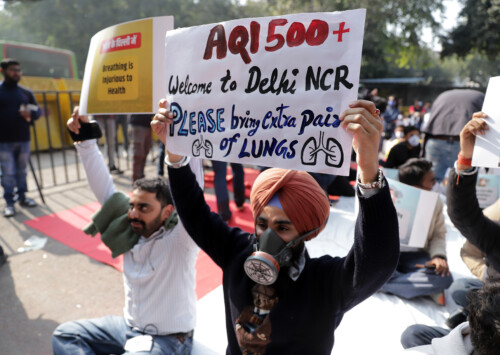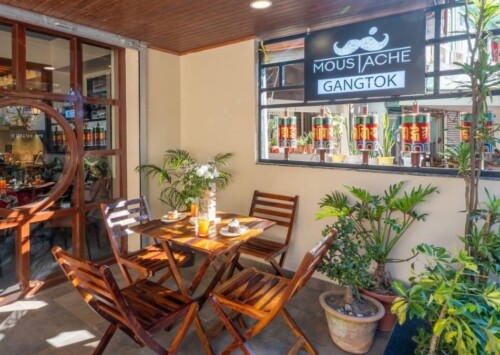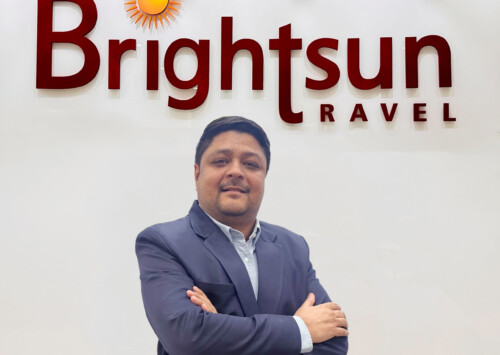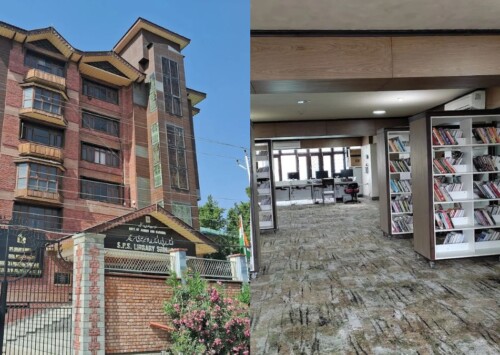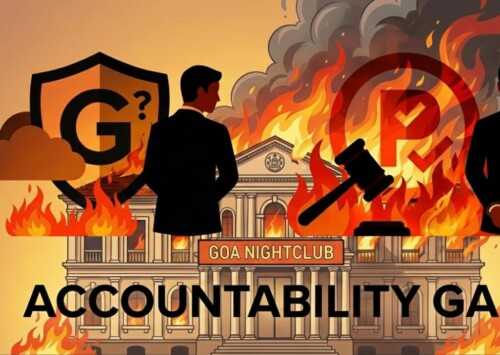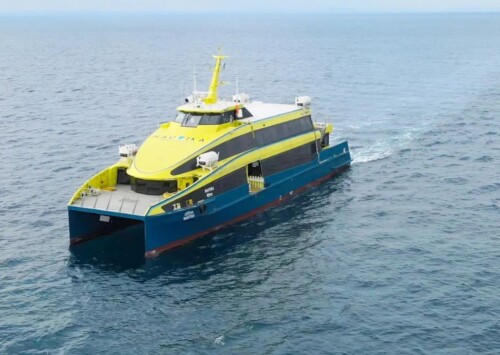Climate activists urge COP30 Presidency to set bold fossil fuel phaseout targets
Global South seeks inclusive, sustainable development

Climate activists urged the COP30 Presidency to ensure the phase out fossil fuels, with clear timelines and financial support for a just transition (Photo: Canva)
Climate justice activists have demanded urgent action at COP30, calling for fossil fuel phase-out, renewable energy tripling and meaningful Indigenous inclusion in global climate decision-making.

Climate activists urged the COP30 Presidency to ensure the phase out fossil fuels, with clear timelines and financial support for a just transition (Photo: Canva)
In a charged press conference today, leading voices from the global climate justice movement responded to the COP30 Presidency’s plenary session at the ongoing United Nations climate talks in German city of Bonn.
The event, organised by a coalition of civil society and Indigenous groups, saw activists holding banners that called for the tripling of renewable energy, a full and fair phase-out of fossil fuels and the meaningful inclusion of Indigenous and traditional leaders in COP30 decision-making.
Speakers from the Global South warned that the world cannot afford another summit of unfulfilled promises. They urged the COP30 Presidency to ensure that the negotiated outcomes include concrete commitments to triple renewable energy capacity and phase out fossil fuels, with clear timelines and financial support for a just transition.
In a press statement, environment advocacy group 350.org says that activists stressed that Indigenous and traditional peoples must have a central role in the leaders’ segment and official agenda, not just as observers but as decision-makers.
According to the statement, the message from the press conference was unequivocal that limiting global warming to 1.5 degrees is a lifeline for vulnerable communities, not a bargaining chip.

Alia Kajee
“At home in South Africa, 88 people died in flooding just this month. Droughts, storms and heatwaves are intensifying. Food and energy costs are rising as a handful of billionaires profits and props up the industries that pollute our lands, air and waters while the vulnerable carry the burden of climate impacts and the cost of life. We ask the COP30 Presidency, will you match our courage, or will you let history remember you as the government that wrote sophisticated letters, but failed to walk the talk,” says Alia Kajee, Global Campaign Project Manager, 350.org.

Claudio Angelo
“Brazil is the best presidency you could get for a climate conference, given the context we have today with wars and the expansion of fossil fuels everywhere. The issue is more that there is a lot on their plate right now. They do have a plan, and they are trying to innovate in a COP format, but the issue is that simply the context is not favouring much ambition right now. But it is not game over yet. If one country can do it, at a climate conference, especially looking at the last three presidencies, Brazil can deliver, but it cannot do it alone,” says Claudio Angelo, Head of International Policy, Observatório de Clima.
“We are here to reaffirm that we are not invited to simply occupy seats at global decision-making tables; we are holders of ancestral knowledge and guardians of the territories that guarantee life on the planet. Indigenous peoples and local communities are not spectators in the climate debate: we are protagonists and have the right and commitment to guide paths towards fair and sustainable change. This is not an option. It is a vital necessity for each and every one of us. Let’s transform this global battle into a joint and equal action, so that all voices are heard and all strategies are strengthened by the Indigenous and traditional presence,” says Cacique (chief) Ninawá Inu Huni Kui.

Sindra Sharma
“I am born of and a product of the Pacific, a region that did not cause this crisis, but is paying for it every day. It has been 10 years since the Paris Agreement and what do we have to show for it? In every country, planetary boundaries are being crossed, emissions keep rising and fossil fuel subsidies are not falling. The problem is not a lack of science, it is a failure of political will. For us, the 1.5° C limit is a red line. As we move toward COP30 we hope this is the moment we can reclaim 1.5° C, as our time is running out. We will continue to defend 1.5° C and science. But know this, our resilience is not your excuse to not act. We must maintain the required ambition,” says Sindra Sharma, International Policy Lead, Pacific Islands Climate Action Network.

